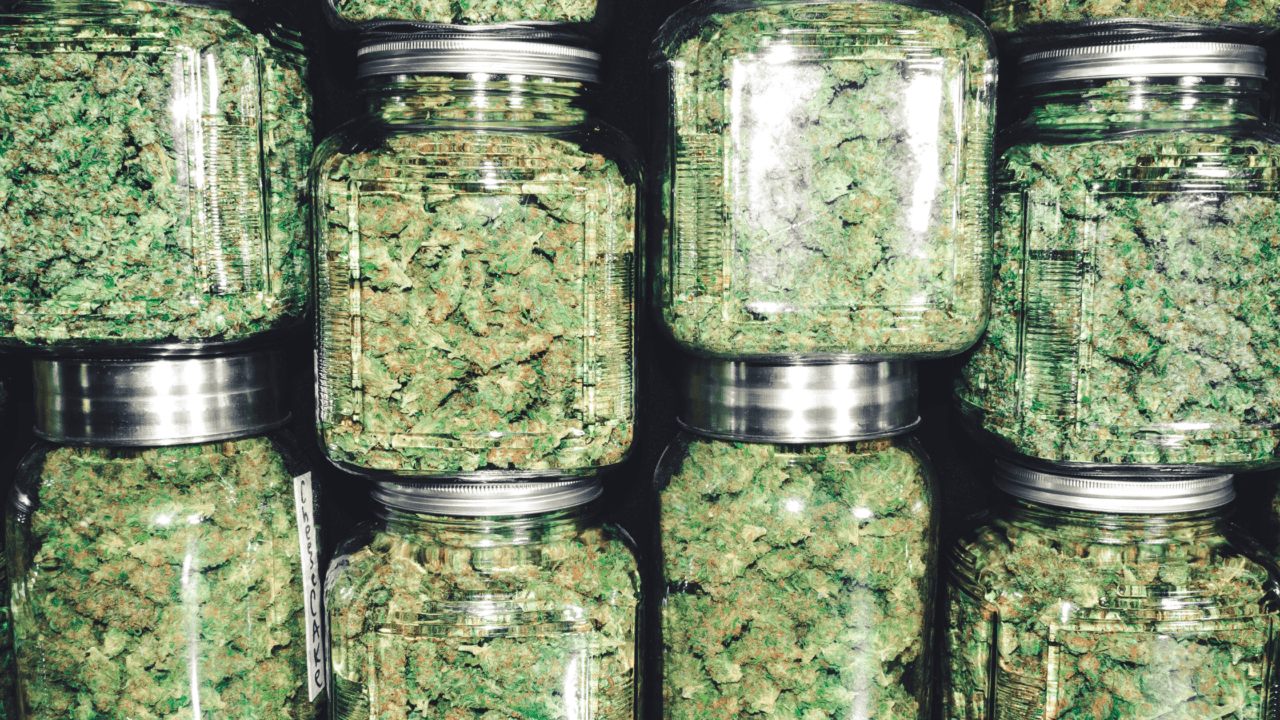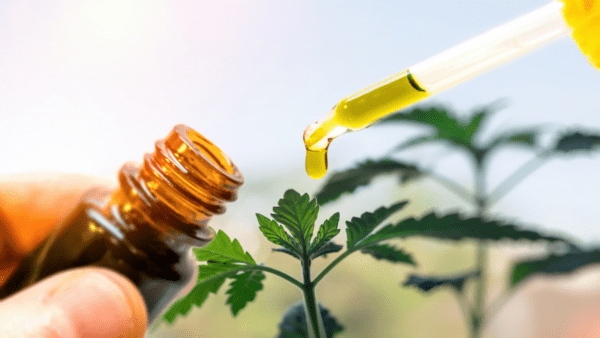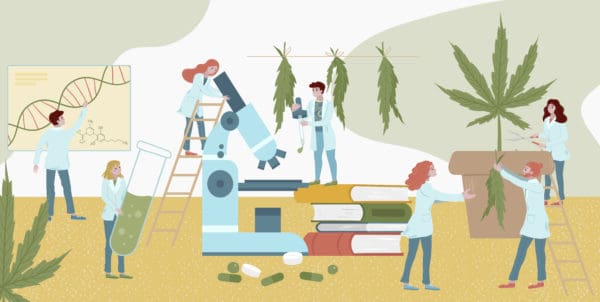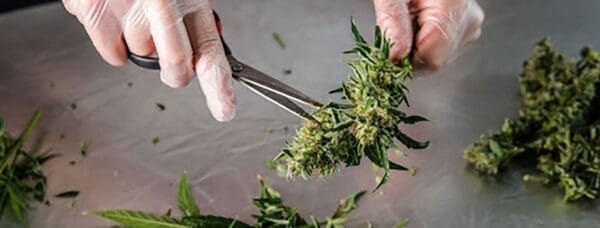Medical Editor: Dr. David Cox, PhD, ABPP
Cannabis has been used for centuries in various cultures. In the United States, cannabis is still illegal on a federal level but many states have legalized it for medicinal and/or recreational purposes. With the legalization of cannabis in more and more US states, there are many people who are curious about using this plant to help with certain conditions or illnesses they may have.
The effects of cannabis on your body and mind can be either positive or negative depending on the type, amount, and frequency of use, and will vary from person to person. The different chemical compounds in the strain contribute to the different psychoactive effects. Some strains are stimulating and others are more relaxing or sedative.
What is cannabis?
Cannabis is the most commonly used drug in America, after tobacco and alcohol, with over 11.8 million people using the drug in 2018. It’s also one of the oldest crops grown by humans and has been around for at least 12,000 years.
Cannabis is a plant that has over 100 compounds, with THC being the most well-known. Cannabinoids are chemical compounds found in cannabis and other plants. These chemicals interact with specialized receptors in your brain to produce different effects.
The two main cannabinoids are THC (tetrahydrocannabinol), and CBD (cannabidiol). THC is known for its psychoactive effects or “getting high”; it also suppresses pain and nausea loss and may be helpful in reducing anxiety.. CBD offers many of the same benefits as THC but without the psychoactive side effects like feeling “high”.
How is it ingested?
How you ingest cannabis depends on what type of product you are using: oils, edibles, tinctures or smoking the plant material itself. Cannabis oils are ingested by placing drops under your tongue. Edibles come in many forms including gummies, chocolates, mints, or even drinks. Tinctures are used by applying them directly onto the skin through massage oil or lotion, and can be used to rub into sore muscles or pain points. The cannabis flower can also be smoked through a cigarette or a pipe, or the oil can be vaporized in a vape pen.
What are the psychological effects of cannabis?
The psychological effects of cannabis vary depending on the strain, how it is ingested, and who uses it. In general, when people feel high they report feeling relaxed and happy with heightened sensory perception such as seeing colors more vividly or hearing sounds more clearly than usual. Others report that their sense of time slows down. In some cases, people may feel paranoid or anxious while under the influence of THC.
What are the physical effects of cannabis?
The physical effects of cannabis include increased heart rate, dry mouth and throat, red eyes and impaired motor skills. Some people also experience feelings of hunger or nausea after using cannabis because THC slows down the digestive process which can lead to increased appetite. People who smoke marijuana sometimes experience symptoms similar to those who smoke cigarettes, including cough, lung irritation, increased phlegm, and a higher likelihood of developing bronchitis.
Are there long-term side effects?
Depending on the severity of use, cannabis can have some long-term side effects.
Dependency
Even though there is a common perception that marijuana isn’t addictive, it is possible for people to develop a dependency. In fact, research suggests that up to 30% of people who use marijuana develop some sort of dependency. Among those who are most at risk for developing a dependency or addiction to marijuana include teens and people with pre-existing mental illnesses such as depression or schizophrenia.
Brain Development
Prolonged cannabis use can have a negative impact on brain development. When people begin using cannabis as teenagers, the drug may reduce attention, memory, and learning functions while also affecting how the brain builds connections between areas necessary for these functions. The extent of this impact depends on a number of factors including the amount of THC in the products being used, frequency of use and the age of the person when they begin using cannabis. Cannabis use during development can be particularly harmful to developing brains, including those of babies and children, so women who are pregnant should not partake in cannabis use.
Possibility of Developing Mental Health Disorders
One study found that the use of cannabis with high levels of THC can lead to an increased risk of psychosis. Recent reports indicate that cannabis production is increasing and has changed over the last two decades, with regard to itsTHC and CBD concentrations. This trend has been observed not only in the United States but also several European countries including the Netherlands and Italy. Evidence also suggests that using cannabis during adolescence may increase the risk of developing schizophrenia later in life.
These long-term effects may depend on the makeup of the strains and the ration of THC to CBD. Some studies show that the amount of CBD in cannabis may have an impact on some of these effects. Cannabis that contains CBD may protect you from some of the negative psychological effects of THC like anxiety or paranoia.
Conclusion
While many of the psychological and physiological effects of cannabis are similar among users and have been common for years, how cannabis use will affect an individual is ultimately dependent on a number of factors including the type of cannabis, how it is ingested, its potency, the individual’s biological and psychological predisposition ,and the frequency of use.
While long-term or severe negative effects seem to be rare, they have increased in the last few decades as cannabis strains contain more THC than before. If you choose to try cannabis for yourself, you should consider your motivations for doing so and then research which strains may be best for you based on your goals.







